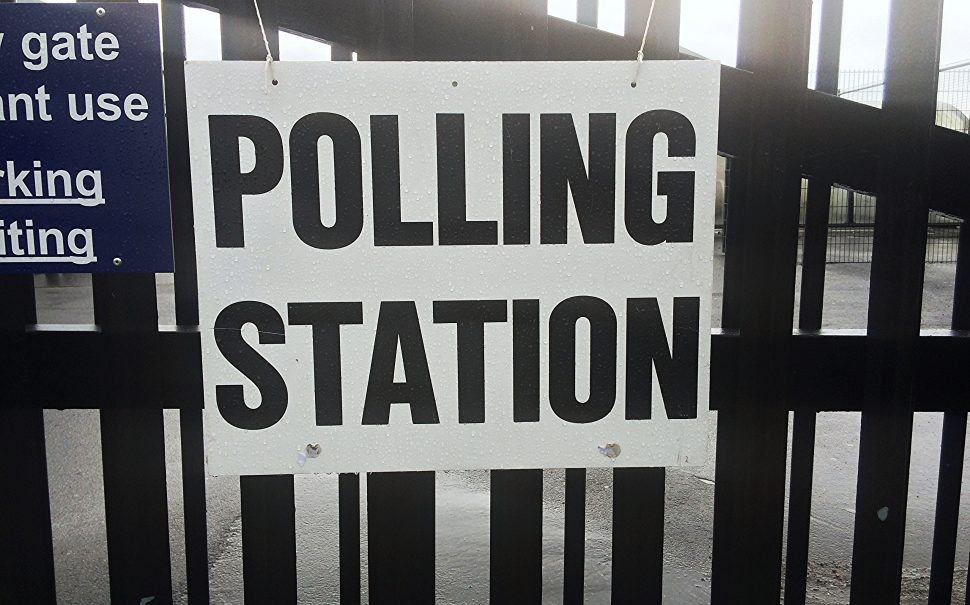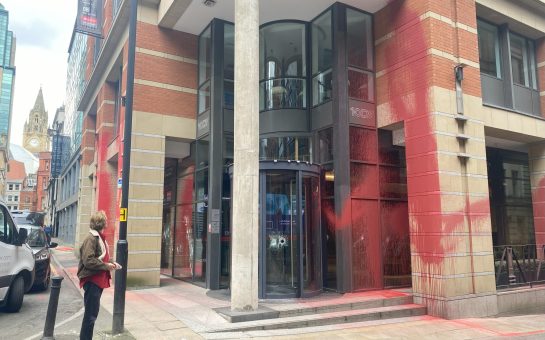The government has implemented new rules that require everyone to present photo ID before casting their ballots during the local council elections on 4 May.
As the new voter ID restrictions come into effect across the country, it’s important for Greater Manchester residents to be aware of the types of ID that are acceptable and the potential challenges they may pose for certain individuals.
The intention behind these new laws is to combat voter fraud, but critics are concerned that they will make it more challenging for some groups to exercise their right to vote.
These voter ID requirements apply to various elections in England, including:
- local council elections,
- police and crime commissioner elections,
- UK parliamentary elections,
- and recall elections.
What types of photo IDs are acceptable at polling stations?
You can use:
- your passport,
- driver’s licence (including provisional driving licence),
- disabled person’s bus pass,
- older person’s bus pass,
- Oyster card (if you’re 60+),
- or a PASS card (National Proof of Age Standards Scheme).
You can even use an expired photo ID, as long as the picture still resembles you, and the name on the ID matches the name you used to register to vote.
You can see the full list of acceptable ID here.
What if you don’t have any photo ID?
People without voter ID need to have applied for a Voter Authority Certificate – but unfortunately applications closed on 25 April.
Photo ID is not required if you’re voting by post. The deadline for getting a postal vote has now passed as well.
What is the controversy surrounding these new changes?
An aim of the rule change is to stop voter fraud from taking place, but critics argue that the changes are unnecessary and serve as a deterrent to voting for certain groups of people.
The Electoral Commission has identified Gypsy, Roma, and Traveller communities, individuals experiencing homelessness, people registered to vote anonymously, and trans and non-binary individuals as among the groups that will be affected by these restrictions.
While older individuals may be able to use their bus passes or rail cards as valid IDs, younger people are not permitted to use their own or student travel cards.
This has raised concerns about potential discrimination against younger voters.
Furthermore, a report by the LGBT Foundation and Stonewall revealed that nearly a quarter of trans people lack access to usable ID, and 96% have encountered at least one barrier to obtaining appropriate ID.
Privacy and safety concerns have also been expressed by 88% of trans people and 81% of non-binary people surveyed, including the risk of being outed while trying to obtain a valid ID.
Image from cchana on Flickr (CC BY-SA 2.0).




